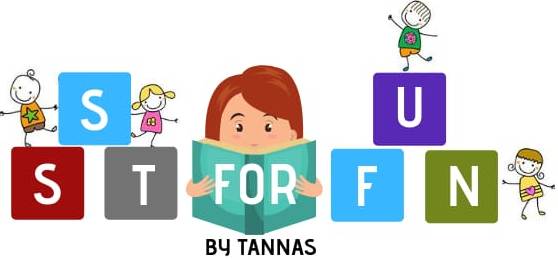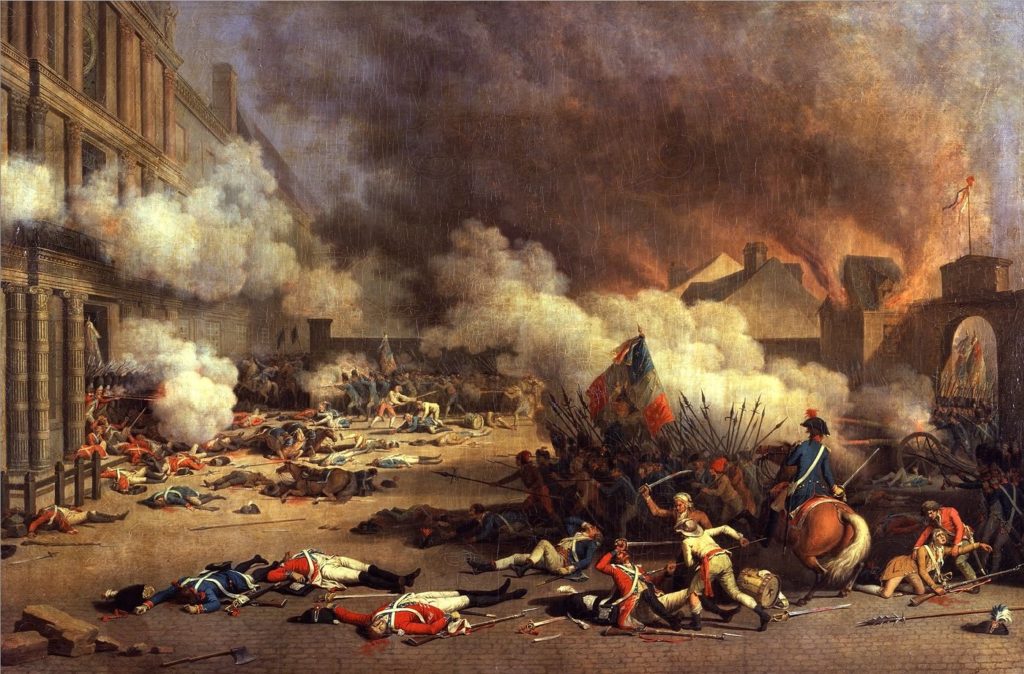This age was characterised by the revolutions by liberal nationalists across Europe. The conservative regimes also tried to consolidate their power during this period.
July 1830 – France
France ( July 1830) : The Bourbon Dynasty restored to power in 1815 was overthrown by liberal revolutionaries and thus established constitutional monarchy in France with Louis Philippe as its head.
This July Revolution of France sparked a series of uprisings all over Europe.
Uprising in Brussels(September 1830): There was an uprising in Brussels and Belgium broke away from the United Kingdom of Netherlands.
Greek war of Independence(1832):
- Poets and artists lauded Greece as The Cradle of Europe.
- They mobilised public opinion to support its struggle against a muslim empire( Ottoman Empire).
- They were helped by Greeks living in exile.The English poet Lord Byron organised the funds.
- Finally in 1832 Greece became an independent nation through Treaty of Constantinople.
France (1848): There was an uprising in France against Louis Philippe due to widespread unemployment and food shortages. Louis Philippe was forced to flee and The National assemble of France declared the France a Republic.
Italy (18
31 ,1848):
- Italy was divided into seven states.
- Northern part was under Austrian Hadsburg Empire. Central part was ruled by Pope and the southern part of Kingdom of Both Sicilies was under the rule of Spain.
- Giuseppe Mazzini sought to bring together these regions by leading revolutionary uprisings in 1831 and 1848 but failed.
German region(1848):
- Till this time Germany did not exist as an independent nation.
- Liberals in the German region came together on 18 May 1848 to vote for all German National Assembly.
- 831 elected representatives marched in procession to take their place in Frankfurt Parliament convened at St. Paul Church.
- They drafted a constitution for the German Nation which was proposed to be headed by Monarchy subject to Parliament.
- Friedrich Wilhelm IV , the King of Prussia rejected crown on this offer.
- The assembly lost support from workers and and artisans as their demands were constantly opposed by the middle class which formed the majority of the Parliament.
- This initiative by the liberals was repressed by the combined forces of the monarchy and military supported by the large landowners(called Junkers).
For all the above reasons, the period of 1830 – 1848 was called as The Age of Revolutions.

